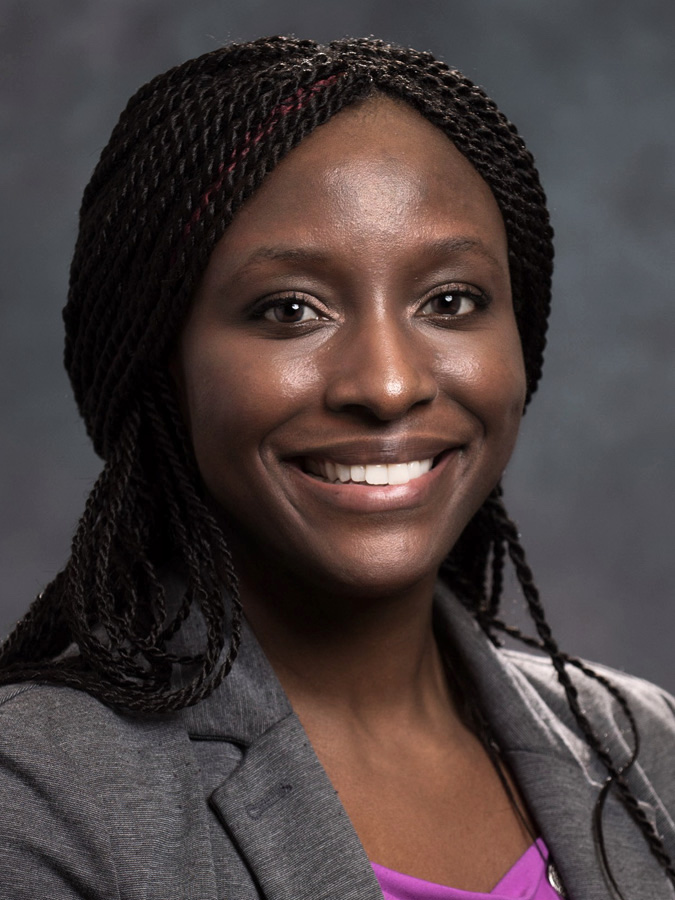
Our association is a robust and diverse set of educators, researchers, medical professionals, volunteers and academics that come from all walks of life and from around the globe. Each month we choose a member to highlight their academic and professional career, and see how they are making the best of their membership in IAMSE. This month’s Featured Member is Edwina Smith.
Edwina Smith
Second-year medical student and Student Body President
Mercer University School of Medicine
How long have you been a member of IAMSE?
Since August 2020
Looking at your time with the Association, what have you most enjoyed doing? What are you looking forward to?
I have found IAMSE’s journal Medical Science Educator super helpful. I’ve enjoyed being able to read about concepts such as peer-teaching and other innovative methods of fostering learning. In medicine, we search for ways to improve the health outcomes of patients, and this requires lifelong learning. IAMSE fosters my development as a student and my future career in academic medicine. I’m looking forward to the networking aspect of IAMSE and excited about new opportunities to network with other learners and educators who are passionate about medical education. I also look forward to being more active in IAMSE’s Student Professional Committee and getting other students more involved in this committee to brainstorm ingenious ways to further the goals of the committee.
Tell me a bit about your time with the Student Professional Development Committee? Why did you join? What projects are you working on? Etc.
At Mercer University School of Medicine, we’re in the midst of developing a Students as Teachers program where students learn about theories of teaching and learning, educational scholarship, and what the broader field of academic medicine has to offer. Students also have opportunities for practical teaching sessions. We’ve undergone a successful pilot program and are now launching a formal Students as Teachers curriculum. Equipping learners with teaching and leadership skills means they will be better educators of patients, colleagues, and policy makers to effect change within the communities in which they practice.
The other reason I am especially passionate about the Students as Teachers curriculum is that students like me, pursuing a career in academic medicine where Black women make up 2% of the workforce, face unique challenges in terms of leadership identity. This program is an opportunity to enhance the diversity of the academic medicine workforce and produce a diverse faculty body so that future students will have more role models who can help them to navigate their leadership identities and career paths.
Tell me a little bit about the focus session that you will be presenting at the Annual Meeting in June titled “Are the Biomedical Sciences Really Necessary? How Medical Students Use the Biomedical Sciences.” What really excites you about this topic and about presenting it at #IAMSE21?
There’s a lot of reflective thinking that spans a clinician’s career. That reflection is in part responsible for how clinicians organize their mental models of disease. We thought it would be interesting to examine how medical students utilize their basic science knowledge to care for patients they encounter in their first clerkship.
Anything else that you would like to add?
The past year, 2020, brought with it a lot of challenges. I want to acknowledge how medical schools and their dedicated faculty have responded to the pandemic with resourcefulness to continue to help their students learn, grow, and even become part of the healthcare effort to vaccinate people in their communities. When faced with the pandemic, Mercer University School of Medicine rose to the challenge and will come out on the other side of this pandemic better. That’s a testament to the fact that our faculty and staff at Mercer see their work as a calling rather than a job. I am immensely grateful to have found a home at Mercer. I am also grateful to have a new home in IAMSE.